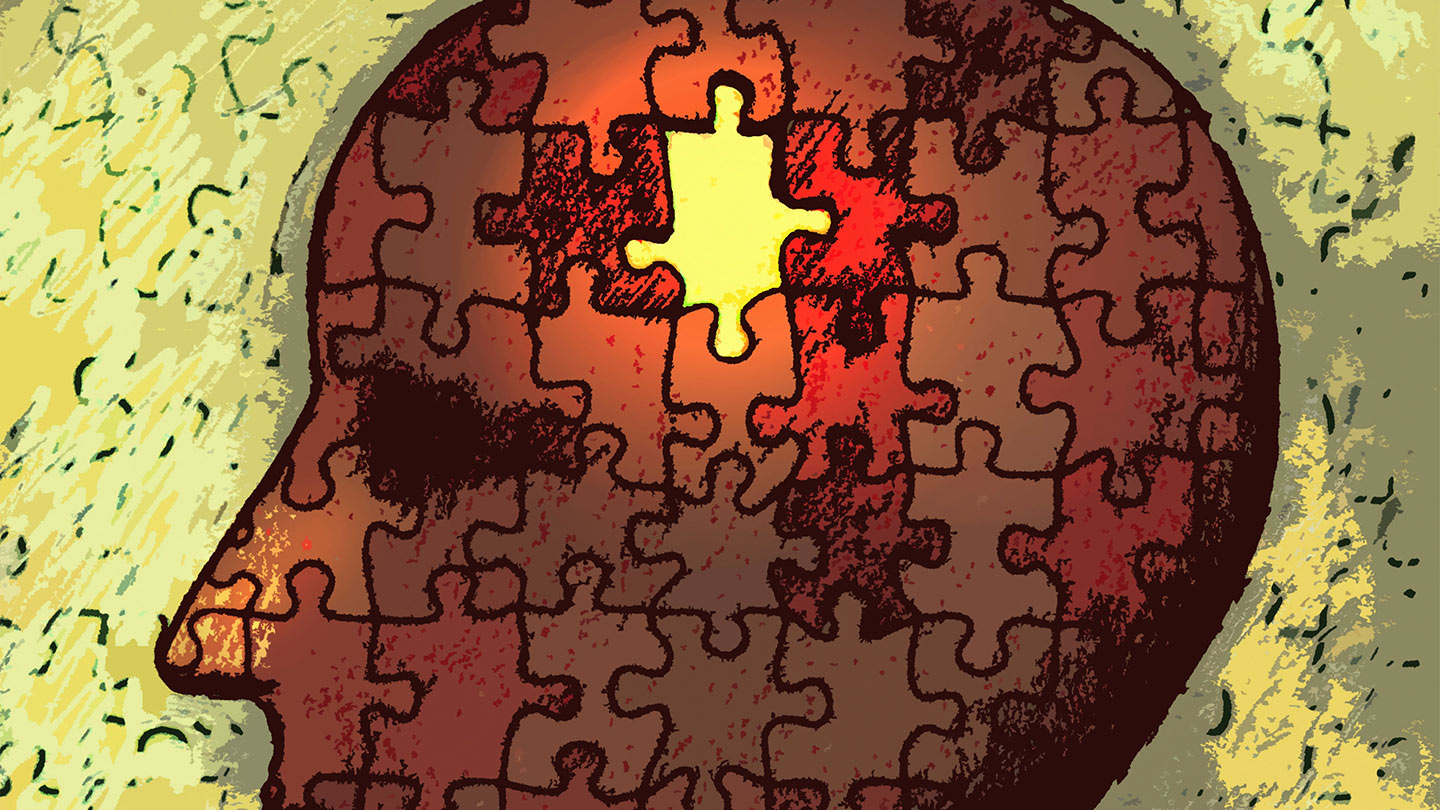"By the Alzheimer’s Association, Special to Everyday Health
Alzheimer’s disease is more than memory loss — it can come with a variety of warning signs and symptoms.
If you notice any of these 10 warning signs of Alzheimer’s in yourself or someone you know, don’t ignore them. Schedule an appointment with your doctor. With Alzheimer’s early detection matters, because early diagnosis gives you and your family time to effectively plan for the future.
1. Memory Loss That Disrupts Daily Life
As people age, it’s common to forget names or appointments, and then remember them later. Forgetting learned information is a different story. One of the most common warning signs is memory loss that includes forgetting significant dates or events, repeatedly asking for the same information and increasingly relying on memory aids (for example, reminder notes, electronic devices) or family members for things they used to handle on their own.
2. Challenges in Planning or Solving Problems
Making occasional errors when balancing a checkbook is normal, but people with Alzheimer’s often have trouble with preparing and following through with a plan or working with numbers. Something as simple as following a familiar recipe, staying organized while preparing for a party, or keeping track of monthly bills can become difficult. In addition, they may have difficulty concentrating and take much longer to do things than they did before.
3. Difficulty Completing Familiar Tasks
It’s typical for older people to occasionally need help with tasks such as changing the settings on the television. However, people with Alzheimer’s often find it hard to complete daily tasks at home, at work, or during leisure activities. They may have trouble driving to a familiar location, for example, or remembering how to use a vacuum or a card game.
4. Confusion With Time or Place
It’s not uncommon to get confused about what day of the week it is and then figure it out later, but people with Alzheimer’s can have a hard time distinguishing their location and/or time of day. They often lose track of days and season and have trouble comprehending why something isn’t happening immediately.
5. Trouble Understanding Visual Images or Spatial Relationships
Vision changes related to cataracts are a common part of aging, but people with Alzheimer’s may have bigger vision problems. This includes difficulty reading, judging distance, and determining color or contrast.
6. New Problems With Words in Speaking or Writing
It’s normal to occasionally have trouble finding the right word when having a conversation, but for people with Alzheimer’s, following or joining a conversation can be very difficult. They may repeat themselves, struggle with vocabulary, or call things by the wrong name (calling a “watch” a “hand-clock,” for example).
7. Misplacing Things and Losing the Ability to Retrace Steps
Many people lose their keys or misplace things from time to time and retrace their steps to find them. However, people with Alzheimer’s may misplace belongings frequently and have a hard time retracing their steps to find them again. They may forget where they store important items like a birth certificate or items they use on a daily basis, like car keys. Sometimes, they may accuse others of stealing.
8. Decreased or Poor Judgment
Making a bad decision once in a while is normal, but people with Alzheimer’s may experience changes in judgment or decision-making on a more frequent basis. For example, they may use poor judgment when they encounter a stranger or deal with money. In addition, they may pay less attention to their appearance and keeping themselves clean.
9. Withdrawal From Work or Social Activities
While it’s a normal part of aging to sometimes feel weary of work, family, and social activities, it may be a warning sign if a person withdraws from multiple social functions. A person with Alzheimer’s may stop going to family functions and work events, and no longer spend time doing things they once enjoyed. They may also avoid being social because of the changes they’ve experienced.
10. Changes in Mood and Personality
As a person ages, they develop a specific way of doing things and can become irritated when their routine or plan is disrupted. But a person with Alzheimer’s may have mood swings and feel a multitude of emotions at one time. They can become confused, suspicious, depressed, fearful, or anxious. They may be easily upset at home, at work, with friends, or in places where they’re out of their comfort zone".
Fuente: www.everydayhealth.com
